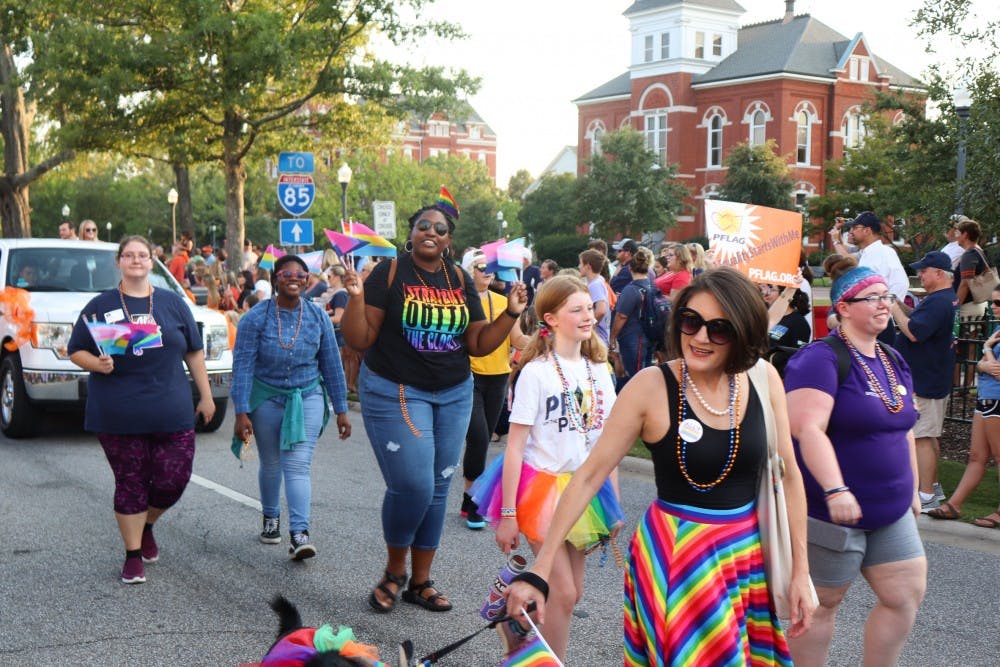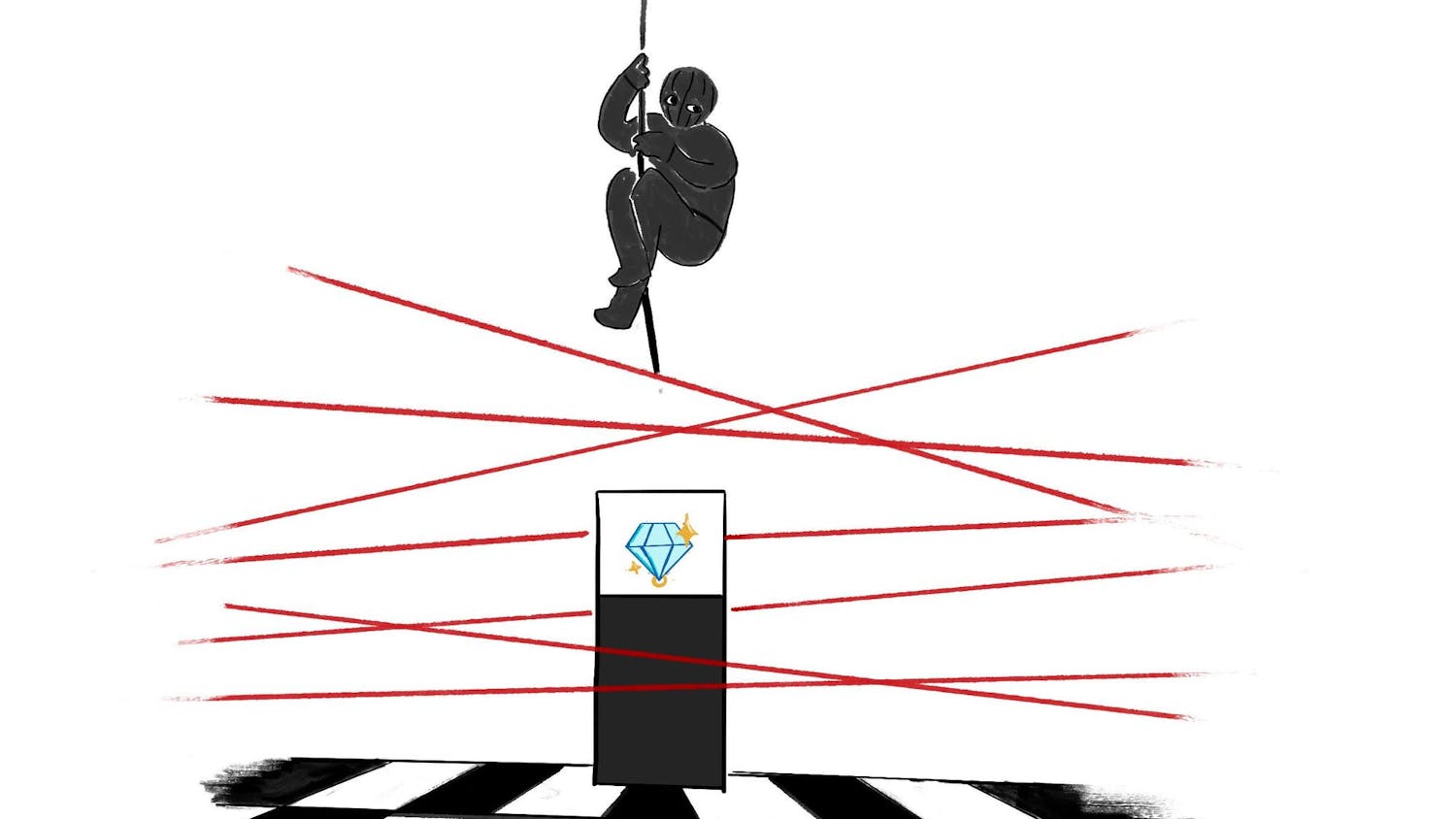My experience at Auburn has not been a conventional one. My freshman year, I was still considered an international student, and my immigration status and racial identity are regularly on my mind because of the environment I have encountered here.
I’ve been questioned inappropriately about my nationality from likely well-meaning folks who haven’t realized that they were further alienating me. I’ve had multiple classes that focus on the experiences and written works of a mainstream, white Eurocentric majority, while ignoring the relevant contributions of nonwhite and international scholars. From American football to largely homogeneous Greek life, I don’t identify with many of the traditions and norms of this southern, predominantly white community I currently call home.
But still, I manage to find community and purpose here.
In one of my student involvement roles, I am responsible for developing curricula for leadership programs on campus. Thus, much of my last summer was spent leafing through a stack of books and poring over websites written by educators more well-versed than I on matters of leadership development. As any holistic education should, these included works on social identities, inclusion and diversity, equity and justice. I was inspired to find how much scholarly literature exists that centers these principles as necessary tools to effective leadership and education. I did this work not just as another student involvement resume buffer, but because such topics are of deep importance to me. In fact, the entire reason I have been able to find community and purpose on this campus is because I embrace diversity and inclusion, and because I have managed to find myself among others who do the same.
My heart breaks for anyone on this campus who is not afforded those same comforts of community. I empathize with others who know the discomfort of constantly walking into rooms and feeling alone, judged or marginalized solely because of who they are. I choose to educate myself and my peers and to advocate because their experiences matter.
So, when anti-LGBTQ rhetoric gains traction on this campus, which already lacks sufficient support for LGBTQ students, I — and many strong members and allies of the community — don’t take it lightly.
As encouraging as it is to see others standing up against harmful language and ideology, it is also still disheartening to know that their request for inclusion is taken by some as stifling to diversity of thought. Inclusiveness only asks that we foster ideas that are constructive for everyone, eschewing those ideologies that reinforce uncomfortable, harmful environments for the marginalized.
For most of my life, I have identified as a Christian, and as I grow, I continue to critically challenge that aspect of myself. How do the institutions I might attend and uphold support — or disenfranchise — marginalized communities? How does my membership in this dominant identity in the South affect the experiences of those in the minority? How does my truth coexist with the lived experiences of those around me? Am I continuing to show love for all people, or am I making judgments and criticisms from a place of self-claimed righteousness? As my religious identity continues to evolve, these questions remain pertinent.
Simply put, there is nothing about being religious, or even conservative, which demands that one be in opposition to inclusion. Similarly, there is nothing about inclusion which calls for the punishment or restriction of people with religious or conservative views. Inclusive language has value for all, as it helps us to communicate while acknowledging the humanity in one another. It creates safety, which is especially crucial for those beloved members of our community familiar with discrimination simply for being who they are.
If holding a view means that you must denounce the humanity of others for factors of their natural identity, perhaps you should begin to question that view. This is especially true for educators, who should lead classrooms where all are given the tools they need to succeed so students do not feel threatened or criticized for living as their authentic selves.
Relatively speaking, Auburn is just beginning its crucial discussions on matters of inclusion and diversity. As an educational institution that benefits from the diversity of the South, rich with connections to the larger national and international communities, Auburn has the potential to be a beacon of advocacy for social justice. I would like to see an Auburn which not only claims diversity, but also embraces inclusion, justice and equity. I would like to see an Auburn which hires and values educators who do the same. I would like to see an Auburn that is bold and confident in meeting their written support of all students with words and action.
To move forward together, we need to understand that a call for inclusion is not a desire to punish any school of thought nor to impose uniformity of thought, but a request for us to critically engage with our beliefs and language out of respect for each other’s humanity.
Jediael Fraser is a junior in Software Engineering , the Executive Vice President of Curriculum for Emerge and a Cabinet Member of the Black Student Union.
The opinions expressed in columns and letters represent the views and opinions of their individual authors.
These opinions do not necessarily reflect the Auburn University student body, faculty, administration or Board of Trustees.
Do you like this story? The Plainsman doesn't accept money from tuition or student fees, and we don't charge a subscription fee. But you can donate to support The Plainsman.





